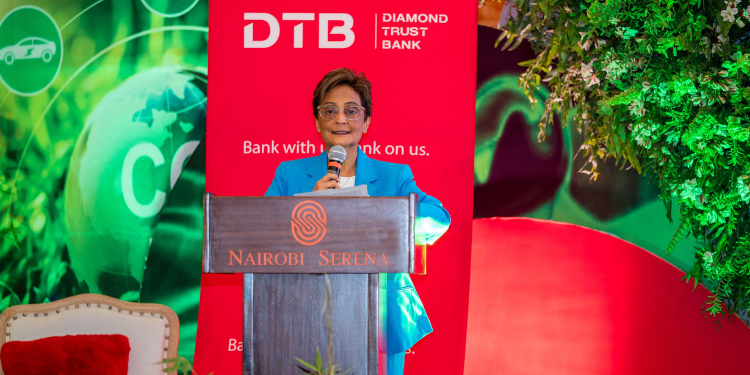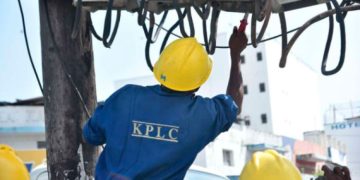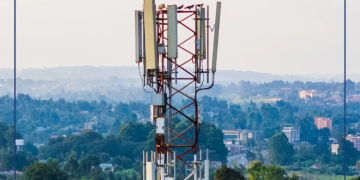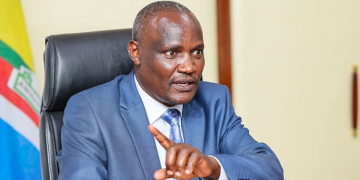A dollar does more in Nairobi than it can in New York, invalidating the “dollars-a-day” as a legitimate benchmark for the prosperity of a society. A watt, however, which is to electricity what a dollar is to income, does the same amount of work in New York as it does in Nairobi. Applied to the Human Development Index (HDI) that encapsulates access to health, education, decent living conditions, and even longevity, more watts means a better HDI
History validates this. Until 1850, the global life expectancy hovered shy of 30 years and was only gathering steam in Europe and the Americas as both replaced muscle with machines powered by the chemical energy contained in fossil fuels during the first Industrial Revolution.
As energy use soared, economies expanded, and human beings, initially confined to short, tough lives that ended abruptly, started living longer.
Even within countries like the United States, which have ridden the crest of the previous three Industrial Revolutions, the richest generally live nearly 15 years longer than the poorest 1 percent.
Regions in Asia and Africa that have lagged behind in energy access have also lagged behind in wealth creation and longevity.
The case of Japan
Although wealthy societies can absorb higher costs, life expectancy remains a function of these costs. When Japan shut down its nuclear fleet in the frenzy of 2011, electricity prices rose by 40 percent, and winter consumption to keep houses warm dropped 15 percent. By spring, researchers estimated that there had been an additional 310 deaths related to cold weather.
The loss of life in Japan in the year following higher energy costs far exceeded those lost in the aftermath of the hydrogen explosion at Unit 4 of the Fukushima Daichi Nuclear Plant. When electricity bills rise, it is the vulnerable who suffer first. The spike in deaths in winter in Japan disproportionately affected the elderly.
Also Read: Why BRICS+ and Its Nuclear Power Platform Is an Excellent Place for African Newcomers
The impact of such in developing nations is far worse. A 40 percent rise in power costs in a low-income economy could lead to the collapse of industries, triggering unrest.
Sri Lanka’s economic crisis in 2021 highlighted the fragility of societies when energy and commodity prices surge sharply. Any policy that raises electricity prices, even with good intentions, makes the poor poorer, removing decades from the average life expectancy.
Load Shedding in Kenya
The recent reanimation of the long thought dead corpse of “Power rationing” under the moniker “Load Shedding” should be sobering to all of us.
In the space of 8 years, anti-science zealots and outright mercenaries have rallied to scuttle all attempts to install the 2000 Megawatts worth of reliable electricity in the region.
Cheap fossil fuel-fired plants, like the one that was scuttled by the DeCoalonize horde in Lamu, have historically powered improvements in people’s standards of living, leading to longer lives.
The same flavour of zealotry brewed in a miasma of misinformation and debunked hoary myths is behind the hurdles Kenya’s first nuclear plant faced in Kilifi before the pivot to Siaya.
The purpose of all energy policy must first and foremost be to lift as many people as possible from energy poverty and not to impose “load shedding” on fledgling societies.
Also Read: Beyond Megawatts – Nuclear Science and Technology Policy as a Socio-technical Imaginary
“Load shedding” resurrecting like this, a few years before the deadline the Silicon Savannah set for itself to achieve its Vision 2030, is very unfortunate and validates the obvious fact that access to electricity from a coal plant is better than factories manufacturing life-saving medicine closing before sunset because of “load shedding.”
Access to vast amounts of cheap electricity is an established feature of the path societies must take to progress.
As will be seen tonight when the affluent villagers of Doornfontein in South Africa switch on the lights powered by the nuclear plant a kilometer away, nuclear power is a source of light, while slogans like “Sitaki Nuclear” and “DeColonize” only guarantee the darkness where only illiteracy can thrive.
Energy Poverty, not nuclear power, is the greatest health risk of all, and there is no such thing as a low-energy prosperous society.
Follow our WhatsApp Channel and X Account for real-time news updates.




















































![Senator Allan Chesang And Chanelle Kittony Wed In A Colourful Ceremony [Photos] Trans Nzoia Senator Allan Chesang With Channelle Kittony/Oscar Sudi]( https://thekenyatimescdn-ese7d3e7ghdnbfa9.z01.azurefd.net/prodimages/uploads/2025/11/Trans-Nzoia-Senator-Allan-Chesang-with-Channelle-KittonyOscar-Sudi-360x180.png)





















